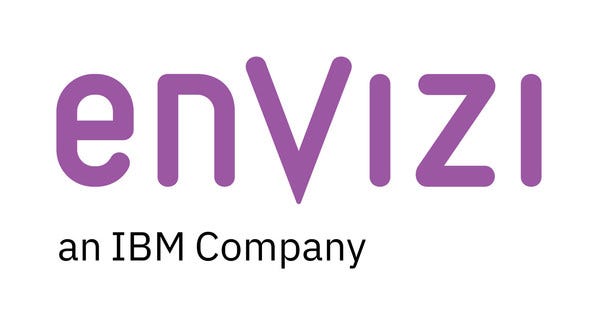
Written by
Aimee Chanthadavong, Senior Journalist

Aimee Chanthadavong
Senior Journalist
Since completing a degree in journalism, Aimee has had her fair share of covering various topics, including business, retail, manufacturing, and travel. She continues to expand her repertoire as a tech journalist with ZDNet.
Full Bio
on January 12, 2022
| Topic: Innovation

Image: IBM
IBM has announced the acquisition of Australian environmental performance management data firm Envizi to help organisations better measure their supply chain’s environmental impact.
While financial details were not disclosed, the deal was finalised on January 11.
The big blue said Envizi will be integrated with its existing package of environmental, social, and governance (ESG) AI-powered software, including IBM Maximo asset management solutions, IBM Sterling supply chain solutions, IBM Environmental Intelligence Suite, and IBM Turbonomic and Red Hat OpenShift capabilities.
“To drive real progress toward sustainability, companies need the ability to transform data into predictive insights that help them make more intelligent, actionable decisions every day,” IBM AI applications general manager Kareem Yusuf said.
“Envizi’s software provides companies with a single source of truth for analyzing and understanding emissions data across the full landscape of their business operations and dramatically accelerates IBM’s growing arsenal of AI technologies for helping businesses create more sustainable operations and supply chains.”
IBM added it is already using Envisi to help track and report its own goals in renewable electricity procurement and greenhouse gas emissions reduction.
Last February, the company announced plans to reach net-zero emissions by 2030. It plans to use technologies such as carbon capture by 2030 to remove emissions in “an amount which equals or exceeds the level of IBM’s residual emissions” or those emissions IBM still produces after exhausting all avenues to reduce is greenhouse emissions.
Other companies using Envizi include Qantas, Uber, and Microsoft. The latter firm previously announced plans to be carbon negative by 2030, and that by 2050, it hopes to have removed from the environment all the carbon that has been emitted by its business — directly and by electrical consumption — since it was founded in 1975.
IBM
IBM, Samsung say their chip could give phones ‘week-long’ battery life
IBM launches 127-qubit Eagle quantum processor
IBM releases Open Source Cloud Guide, urges developers to contribute
Indian water safety platform wins IBM’s Call for Code challenge
Australia
|
CXO
|
Digital Transformation
|
Tech Industry
|
Smart Cities
|
Cloud